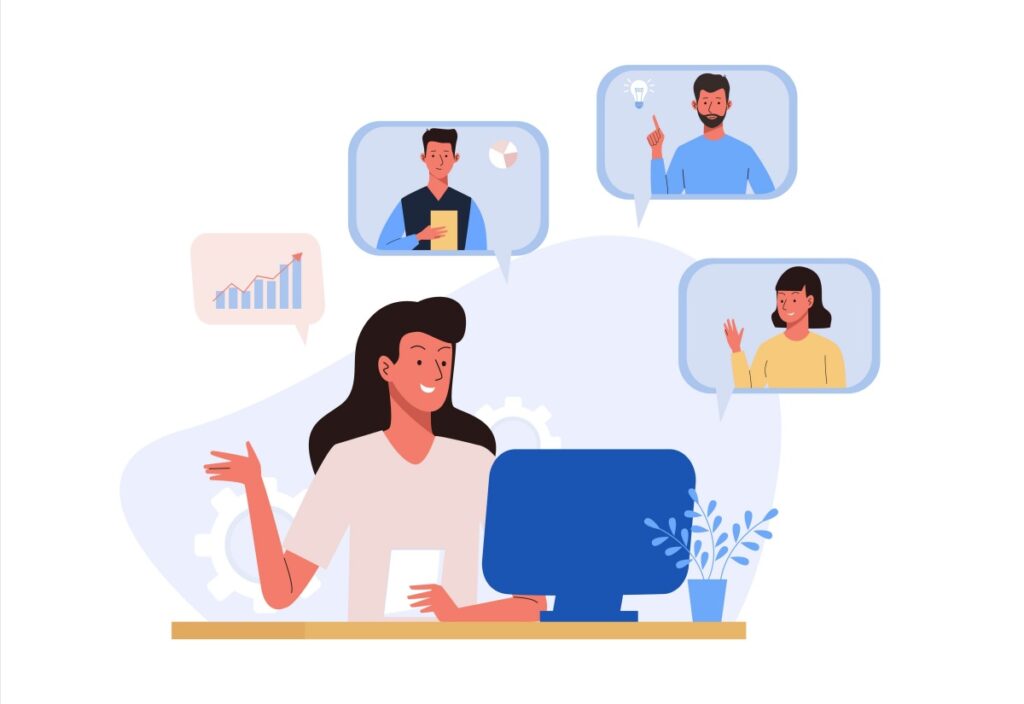Disclaimer: This article might contain affiliate links. If you decide to purchase through my links, I may earn a small commission at no extra cost to you.
As a marketing expert, I can assure you that building a strong sales funnel is essential for generating leads and converting them into clients.
A well-designed sales funnel allows you to attract potential clients, nurture them through the decision-making process, and ultimately close sales.
Join me in this article, where we will explore the key components of a successful sales funnel for consultants and provide tips for optimizing each stage to maximize your chances of success.
What Is The Purpose Of A Sales Funnel?
The purpose of a sales funnel is to guide potential customers through a structured journey that takes them from being aware of a product or service to making a purchase. It is designed to nurture leads and build trust with prospects by providing valuable information and relevant offers at each stage of the process.
By dividing the customer journey into stages like awareness, interest, decision, and action, a sales funnel helps companies identify the most effective tactics for converting leads into customers. Ultimately, it helps businesses streamline their sales systems and increase their conversion rates.
What Is A Consulting Sales Funnel?
A consulting sales funnel is a marketing strategy designed to attract and nurture potential clients within the consulting industry. It typically consists of several stages, starting with creating awareness of the consultancy’s services, followed by generating interest, and finally converting prospects into paying clients.
The funnel aims to guide potential clients through the decision-making process, providing valuable information and building trust along the way. This process can include various tactics such as content marketing, email campaigns, and personalized consultations.
Fundamentally, the consulting sales funnel focuses on driving leads and closing deals to grow the consultancy’s client base.
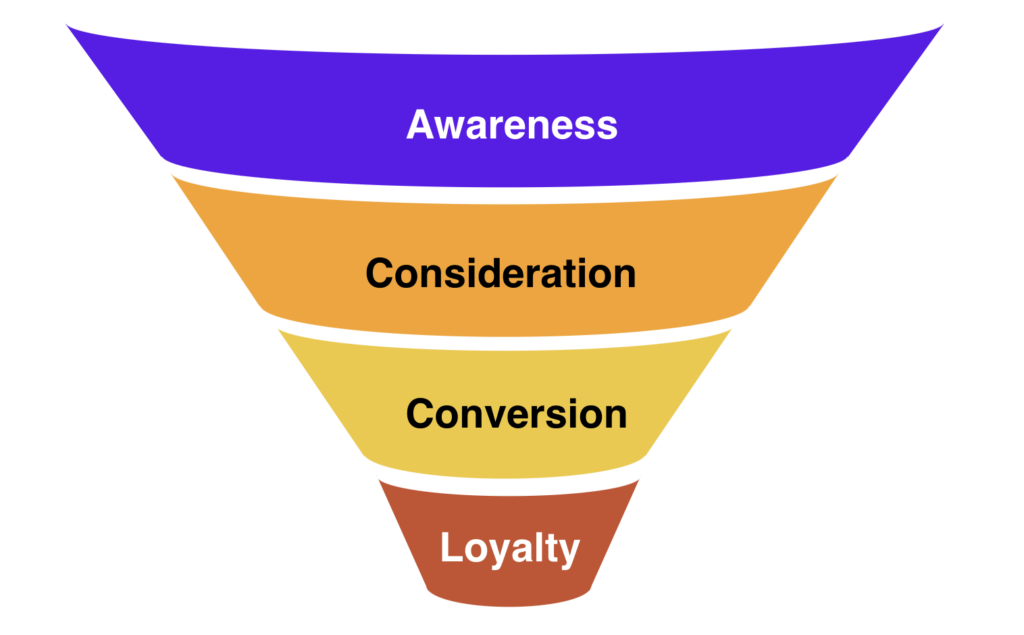
Do Consulting Sales Funnels Require a Lead Magnet?
Consulting sales funnels can benefit from a lead magnet, but it’s not always necessary.
A lead magnet, such as a free ebook or webinar, can entice potential clients to provide their contact information in exchange for valuable content. This can help build a list of qualified leads for your consulting services.
However, a lead magnet is just one strategy for generating leads. Other methods, such as targeted advertising, networking, and referrals, can also effectively drive traffic to your sales funnel. Ultimately, the decision to use a lead magnet depends on your specific consulting business and your target audience’s preferences.
Importance Of An Effective Consulting Sales Funnel
An effective consulting sales funnel is like a superhero for your business, ensuring success in various ways:
- Efficient Client Journey: Guides clients seamlessly from interest to action.
- Maximized Conversions: Boosts the chances of turning leads into satisfied clients.
- Tailored Solutions: Allows for personalized approaches, addressing client needs.
- Time and Resource Efficiency: Optimizes processes, saving time and resources.
- Consistent Growth: Provides a structured path for sustainable business growth.
9 Types of Consulting Sales Funnel For Every Consultant
1. Lead Generation Funnel
Crucial for attracting potential clients and converting them into leads through engaging content and valuable offers.
This type of consulting funnel attracts potential clients with captivating content, enticing them to take the first step. Through engaging strategies, it converts curious visitors into valuable leads, setting the stage for further meaningful interactions and eventual conversions.
2. Discovery Call Funnel
Essential for guiding leads through the process of scheduling and participating in a discovery call, a key step in understanding their needs.
This approach lays the foundation for a personalized approach and fosters a strong client-consultant relationship.

3. Proposal Funnel
Significant for nurturing leads by presenting detailed proposals or customized solutions tailored to their specific challenges.
This funnel holds immense significance, fostering trust by presenting comprehensive proposals. It addresses specific challenges, showcasing expertise and commitment, ultimately laying the groundwork for successful collaboration and client satisfaction.
4. Closing Funnel
The closing funnel is the final stage of the sales process, where potential customers are guided toward making a purchase decision. This phase involves narrowing down the options and addressing any final concerns or objections that the customer may have. It is a critical part of the sales funnel, as it is where the actual conversion takes place.
Vital for persuasively securing consulting contracts and closing deals with leads in the final stages of the sales process, ensuring a smooth transition from consideration to commitment.
5. Educational Webinar Funnel
Important for showcasing expertise and generating interest through educational webinars, often resulting in lead generation and conversions.
This funnel starts with the creation of valuable and informative content, which is then promoted through various channels to attract a wider audience. Once participants sign up for the webinar, they are guided through a series of educational and interactive sessions designed to provide them with valuable knowledge and insight.
Ultimately, the funnel aims to nurture and convert leads by showcasing the benefits and value.
6. Referral Funnel
Valuable for leveraging client referrals to attract new leads and expand the client base through word-of-mouth marketing.
A referral funnel is a process that businesses use to generate new leads and customers through referrals from existing customers. It starts with identifying satisfied customers who are then encouraged to refer their friends and contacts to the business. The referred contacts are then nurtured through various marketing tactics until they become new customers themselves. The referral funnel is an effective way for businesses to leverage the power of word-of-mouth marketing and build a loyal customer base.
By incentivizing and rewarding referrals, businesses can create a steady stream of new business and increase their customer acquisition rates.
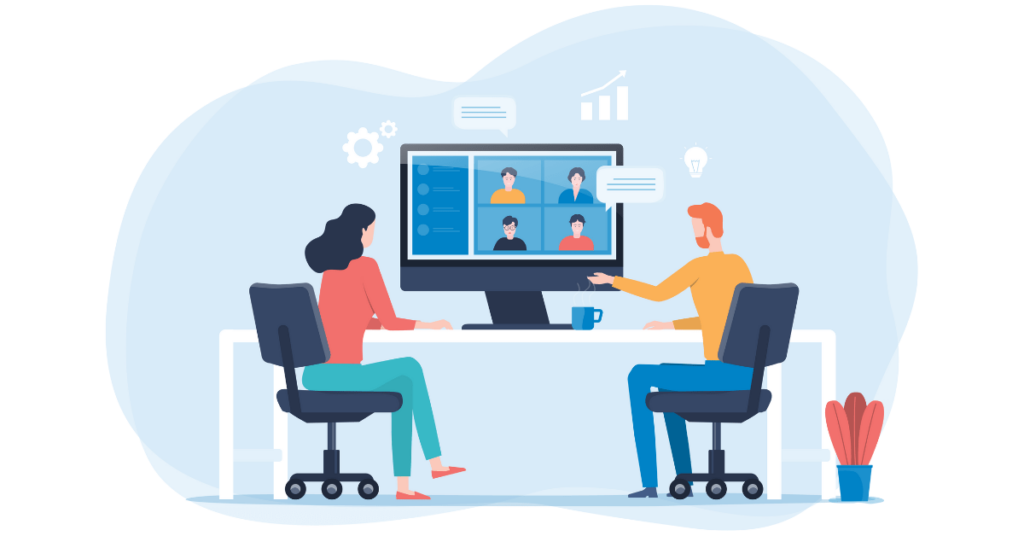
7. VIP Client Funnel
Strategic for targeting high-value clients and providing exclusive content, consultations, and tailored solutions.
The VIP Client Funnel is a strategic approach to attracting and retaining high-value clients. It involves creating a customized experience for VIP clients, from initial contact to long-term loyalty.
This process includes identifying and engaging with potential VIP clients, providing exclusive benefits and personalized attention, and continuously nurturing the relationship through exceptional service and communication.
By implementing a VIP Client Funnel, businesses can increase their revenue and brand reputation by building strong and lasting connections with their most valuable clientele.
8. Implementation Funnel
Essential for guiding clients through the implementation phase after securing a consulting contract, ensuring the successful execution of proposed solutions.
The implementation funnel refers to the process of taking an idea or concept and turning it into a reality. It involves a series of steps that start with brainstorming and planning, move on to execution and testing, and end with the final implementation of the idea.
The goal of the implementation funnel is to streamline the process and ensure that the idea is successfully brought to life. By breaking down the process into manageable steps, the implementation funnel helps to identify and address any potential issues or roadblocks along the way, ultimately increasing the likelihood of success.
9. Retention Funnel
Crucial for retaining clients by offering ongoing value, continuous support, and additional consulting services beyond the initial contract.
A retention funnel is a marketing strategy that focuses on retaining customers and keeping them engaged with a brand over time. It involves creating a series of touchpoints and incentives to keep customers coming back for more. The retention funnel typically begins with the initial customer interaction and then guides them through a series of steps designed to increase their loyalty and continued engagement. This can include follow-up communication, exclusive offers, rewards programs, and personalized recommendations.
The ultimate goal of the retention funnel is to build long-term relationships with customers and increase their lifetime value to the business.
What Are The Stages Of A Consulting Sales Funnel?
A consulting sales funnel moves through various stages, each playing a vital role in transforming potential clients into satisfied customers:
1. Awareness:
Potential clients are introduced to the consulting services, sparking their initial interest.
Through captivating content and strategic outreach, the goal is to create awareness about how the services can bring value to their needs. It’s about making a memorable first impression, planting the seed of curiosity, and establishing a connection.
This initial awareness sets the stage for the client to explore further and move seamlessly through the subsequent stages of the consulting sales funnel.
2. Interest:
Once aware, potential clients move into the Interest stage. Here, the focus is on capturing their attention and sustaining their curiosity. Through engaging content, the consulting services showcase their unique value propositions. It’s about creating a magnetic pull, making clients eager to learn more.
The Interest stage lays the foundation for a deeper connection, ensuring that the potential clients remain engaged and motivated to explore the consulting offerings further in the journey through the sales funnel.
3. Consideration
In the Consideration stage, potential clients actively delve into evaluating and comparing the consulting offerings.
This is the decision-making battleground, where the consulting services guide clients with detailed information and targeted strategies. It’s about presenting a compelling case, addressing their needs, and showcasing why choosing these services is the best decision.
The Consideration stage aims to foster a sense of confidence and trust, ensuring that clients feel informed and empowered as they navigate toward making a choice.
4. Proposal
As the journey progresses, the Proposal stage takes center stage. Here, the consulting services present detailed proposals or customized solutions, tailoring their approach to address specific challenges outlined by the client.
This stage is the bridge from consideration to commitment, solidifying the client’s understanding of the value and expertise offered. It’s about clarity, transparency, and building a strong foundation for a successful consulting partnership.
The Proposal stage is where the potential transforms into a concrete plan, guiding the client toward a well-defined path for mutual success.
5. Closing
The Closing stage is the grand finale, where the consulting services persuasively secure contracts and finalize deals.
At this crucial juncture, the focus is on smoothly navigating clients through the final steps of the sales process. It’s about sealing the commitment, ensuring that all questions are addressed, and fostering confidence in the client’s decision.
The Closing stage marks the transition from consideration to commitment, solidifying the partnership and setting the stage for the successful implementation of proposed solutions.
6. Implementation
After commitment comes action. In the Implementation stage, the consulting services actively guide clients through the successful execution of proposed solutions.
It’s about turning plans into reality, ensuring a seamless and effective integration of strategies. This stage focuses on proactive support, addressing any challenges, and maximizing the impact of the consulting services.
The Implementation stage marks the transformative moment where ideas evolve into tangible results, cementing the foundation for a fruitful and enduring client-consultant relationship.
7. Retention:
In the retention stage, the focus shifts to fostering long-term relationships and retaining clients. Through ongoing support, additional services, and a commitment to client success, the consulting services aim to solidify loyalty. This stage is about exceeding expectations, continuously adding value, and ensuring that clients not only stay satisfied but become advocates.
The Retention stage is the culmination of a successful consulting sales funnel, where lasting partnerships are forged, and the journey becomes a cycle of sustained growth and mutual benefit.
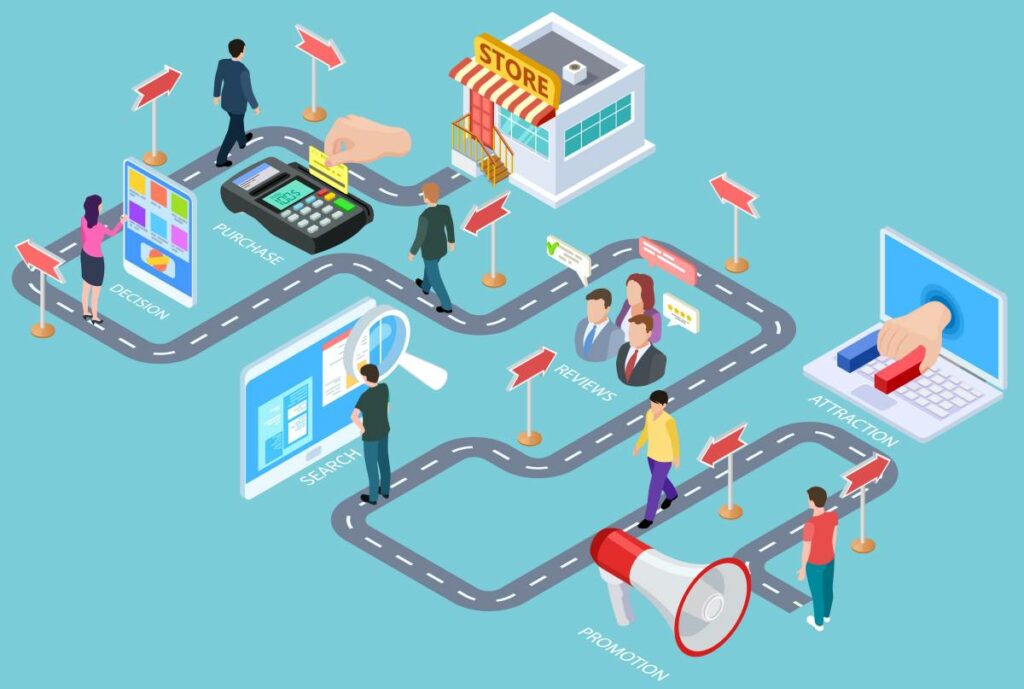
9 Simple Steps To Build An Effective Landing Page
As part of your consulting sales funnel, you will need a lading page where you can gather your leads’ contact information. Here’s how you can do it:
- Define the Objective
Clearly outline the main goal of your sales funnel. Whether it’s lead generation, client acquisition, or a specific consultation, having a clear objective will guide your funnel’s design. - Craft Enticing Copy – Unique Value Proposition (UVP)
Write compelling copy that communicates the unique value proposition of your consulting services. Clearly articulate how your expertise addresses the pain points and needs of your target audience. - Consider a Lead Magnet
Evaluate the need for a lead magnet that aligns with your consulting services. It could be an industry report, checklist, or exclusive content that provides immediate value to potential clients. - Choose a Landing Page Builder Tool
Select a tool to build your landing page. Options like Clickfunnels and Groovefunnels offer user-friendly interfaces and features tailored for creating effective landing pages. - Pick a Beautiful Template
Choose a visually appealing template that aligns with your brand and conveys professionalism. Templates from these tools are designed to capture attention and guide visitors through the funnel. - Add Copy and Images
Integrate your enticing copy and high-quality images into the selected template. Ensure the content is concise, impactful, and visually engaging to keep visitors interested. - Incorporate Social Proof (Testimonials)
Boost credibility by adding social proof such as client testimonials or success stories. Highlighting positive experiences from previous clients helps build trust with potential clients. - Simplify and Avoid Clutter:
Keep the landing page design simple and uncluttered. Focus on the essential elements – a clear call-to-action, key benefits, and contact information. A clean layout enhances user experience. - Set Up Email Follow-Up Campaign:
Implement an email follow-up campaign using the chosen tool’s automation features. Craft a series of emails that continue to nurture leads, providing valuable content and reinforcing your unique value proposition.
By following these steps, you can create a focused and effective consultant sales funnel that not only attracts potential clients but also guides them through a seamless journey, from initial engagement to ongoing email nurturing.
Examples
Invite leads to book a discovery call.
This landing page by Growth Tools is more effective due to the video explanation.
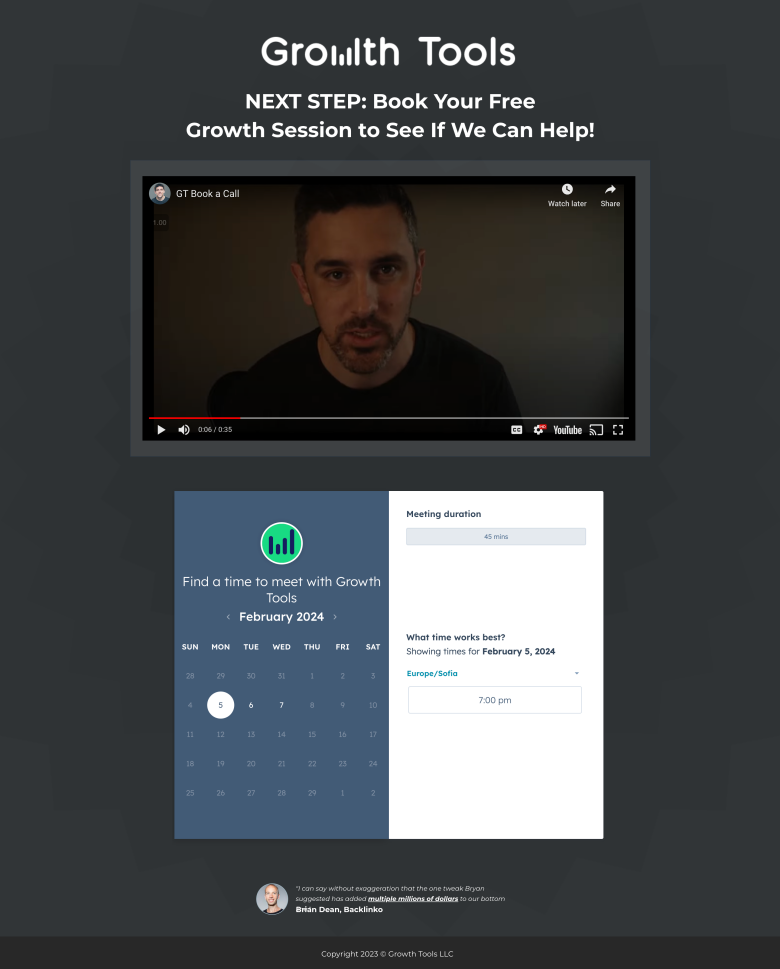
Offer a demo call
In this example, Markademics lays out how the steps of their process to entice leads to take action.
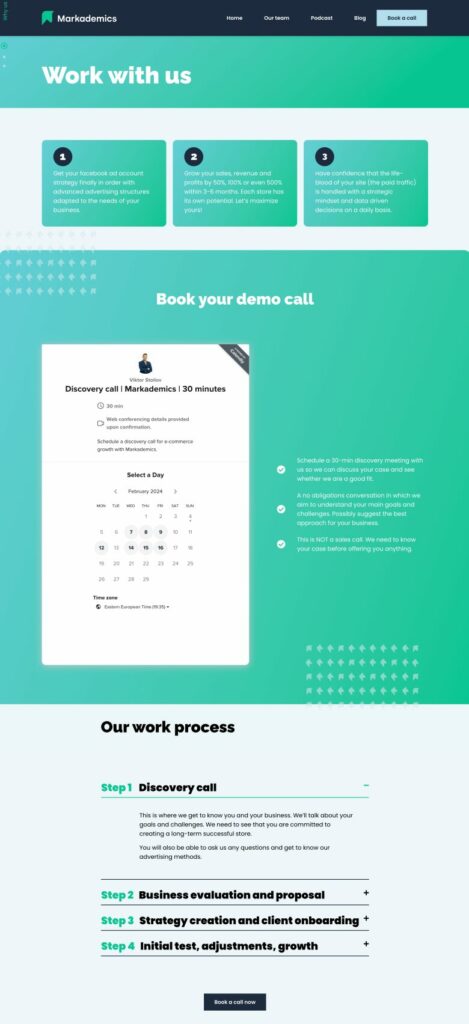
Send interactive funnel proposals
Instead of sending a usual pdf document, send a visually appealing document that demonstrates your expertise and invites your leads to actually read it through.
For instance “Better Proposals” helps you with your proposal sales funnels with these easily customizable landing pages:
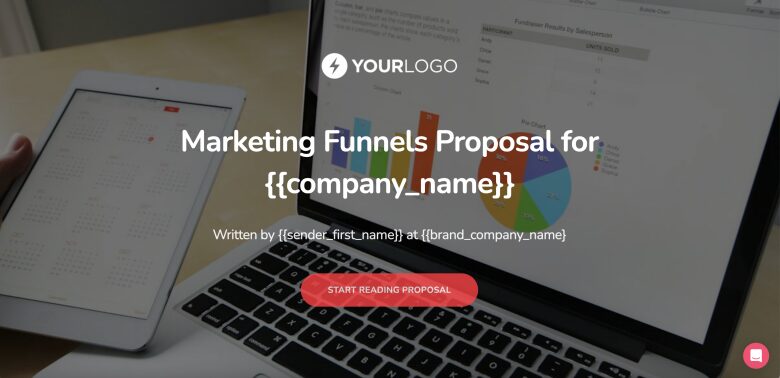
Next, edit the content the contents of your proposal and it’s ready to send!
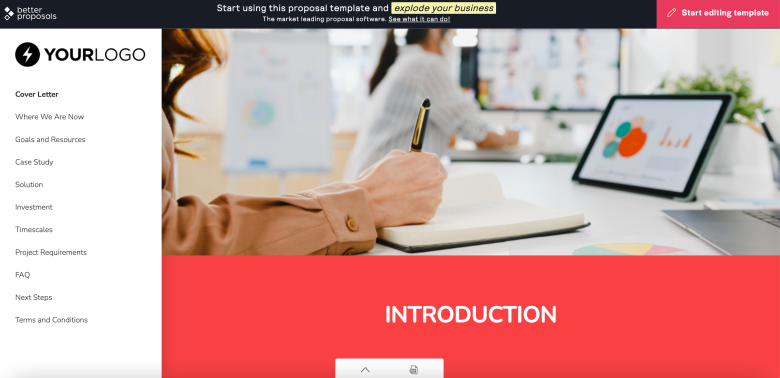
FAQs
What is a funnel consultant?
A funnel consultant is a professional who specializes in creating and optimizing sales funnels for businesses. They work with companies to analyze their existing sales processes and identify areas for improvement. This may include enhancing lead generation, improving conversion rates, and increasing customer retention.
What does a sales funnel specialist do?
Sales funnel specialists use a combination of marketing strategies, data analysis, and technology tools to effectively guide potential customers through the buyer’s journey.
By understanding consumer behavior and market trends, funnel specialists can implement systems and provide valuable insights and recommendations to drive business growth.
Do sales funnels really work?
Sales funnels can be effective in guiding potential customers through the buying process, from initial awareness to the final purchase. By using a series of targeted steps and messaging, sales funnels can help businesses nurture leads and increase conversions.
However, their success is dependent on various factors such as the quality of the funnel design, the relevance of the offers, and the effectiveness of the communication strategy.
What are the benefits of a sales funnel?
- Efficient lead management: Organizes leads systematically, streamlining the process from awareness to conversion.
- Higher conversion rates: Guides potential clients through a structured journey, increasing the likelihood of conversion.
- Tailored client communication: Enables personalized interactions, addressing individual needs at each stage.
- Improved time and resource management: Optimizes efforts, ensuring focused attention on promising leads and efficient resource allocation.
- Enhanced client satisfaction: Delivers a seamless experience, enhancing client satisfaction and fostering loyalty.
What Do Sales Funnel Optimization Consultants Do?
Sales funnel optimization consultants are experts in analyzing and improving the various stages of the sales process. They use data-driven strategies to identify bottlenecks and areas for improvement in the sales funnel.
Consultants may also provide recommendations for website and marketing content, as well as tools and technology that can help improve conversion rates and increase revenue. Their goal is to maximize the efficiency and effectiveness of the sales funnel for their clients.
The Bottom Line
Understanding the significance of a well-structured consulting sales funnel is crucial for consultants seeking sustainable business growth.
From creating awareness to fostering long-term client relationships, each stage plays a vital role in transforming potential clients into satisfied customers. Whether you’re utilizing any type of sales funnel, the goal remains consistent – to efficiently guide clients through a seamless journey and maximize conversions.

An effective consulting sales funnel acts as a superhero for your business, ensuring optimized processes, time and resource efficiency, and consistent growth. Tailoring strategies to the unique needs of your consulting business will undoubtedly contribute to a flourishing and enduring client-consultant relationship, marking the path to success in the consultancy industry.
Feel free to reach out with any questions on building effective sales funnels or selecting the right tools – I’m here to share insights, network, and support your business growth. Contact me at hello@isabelsguide.com.

